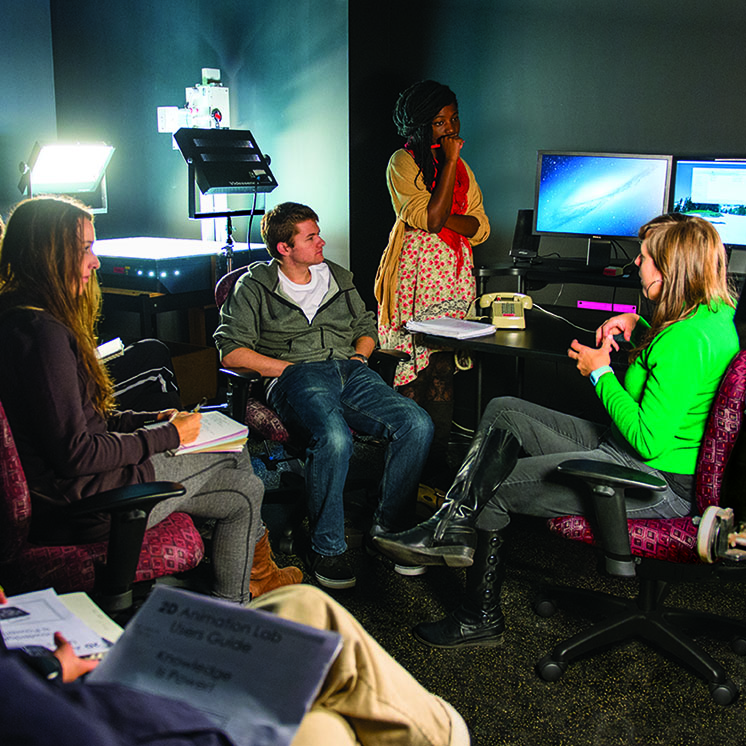Stories and Histories: El cuento latinoamericano
REVISED
Spring 2016 quarter
Taught by

Prerequisites
PLEASE NOTE : This program is designed for Intermediate to Advanced students of Spanish. All readings, assignments, and program activities will be carried out entirely in Spanish.
The word “historia” in Spanish means both “story” and “history”: its dual meaning embodies the deeply intertwined relationship between historical events and forms of storytelling in Latin America. While historical forces have shaped how and which stories are told, stories have also changed the way we understand historical events in the region, and often shaped those events as well. In this program, we will explore the complex interrelationship between history and storytelling in greater Latin@ America through the lens of short stories by Latin American and Latin@ writers. We will explore questions such as: How have stories represented, shaped, and intervened in Latin American history? How does history, in turn, shape and affect the way that stories are told in Latin America? What stories are given voice? What stories are silenced? How are different stories told by various communities in Latin America?
In order to strengthen students’ linguistic skills and provide greater access to materials from Latin America, all program activities will be conducted entirely in Spanish. Our readings will focus on stories by twentieth- and twenty-first-century authors like Jorge Luis Borges, José María Arguedas, Luisa Valenzuela, Julio Cortázar, Elena Garro, Ana Castillo, and Daniel Alarcón, among many others. While reading these stories, we will analyze the way they represent historical events like the Spanish conquest of the Americas and indigenous resistance, the Mexican Revolution, the Cuban Revolution, dictatorships in the Southern Cone, and Latin@ migration to the United States. We will also explore how these stories reflect on the act of storytelling and the ways in which is carried out, both through writing and through other media like the oral tradition, music, and digital forms. In addition, students will also participate in various forms of storytelling and engage in community work with Latin@ youth from the greater Puget Sound region. Our community work will provide opportunities to exchange stories and engage youth in crafting and telling their own story.
The primary learning goals of the program include: strengthening Spanish-language skills in intermediate to advanced speaking, reading, and writing, furthering an understanding of cultural production in Latin America and its interrelationship with historical contexts; and developing skills in literary and artistic interpretation, critical thinking, analytical and creative writing, community-based learning, and cross-cultural communication. Program activities will include lectures, seminar, writing workshops, a weekly focus on grammatical forms, and screening of films or other media; assignments will include grammatical exercises, class presentations, creative writing exercises, analytical papers, and reflections on community work. The program’s objective is to strengthen your Spanish-language skills through immersion in the various modes of storytelling in Latin America and their relationship with historical contexts.
Program Details
Fields of Study
Preparatory for studies or careers in
Location and Schedule
Campus location
Olympia
Schedule
Offered during: Day
Advertised schedule: First spring class meeting: Tuesday, March 29 at 9am (Sem 2 D3109)
Books
Online Learning
Required Fees
Revisions
| Date | Revision |
|---|---|
| February 3rd, 2016 | Registration in this program requires faculty approval. |
| May 5th, 2015 | New spring opportunity added. |
 my.evergreen.edu
my.evergreen.edu

 Spring
Spring